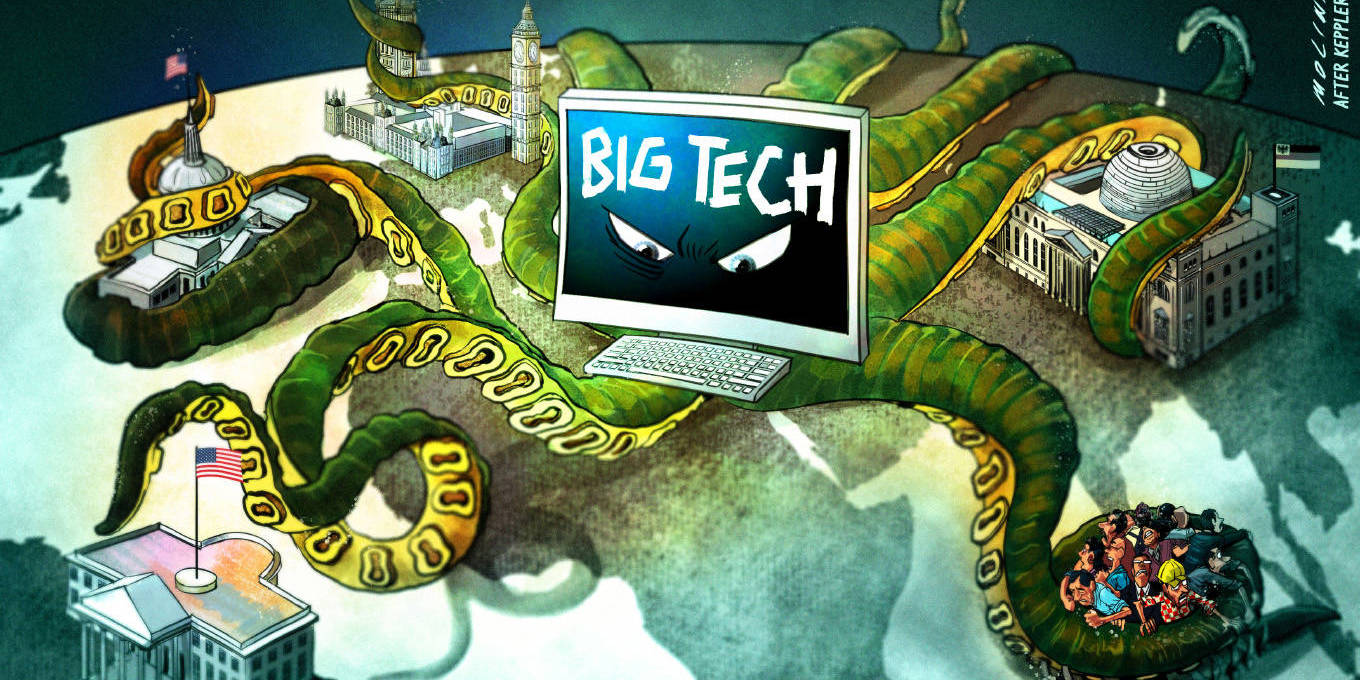

He counseled Musk to work with Parag Agrawal, his successor as Twitter’s CEO, and later, when it became clear Musk could not stand Twitter’s current leadership, urged on his take-private effort. This is why I left.” Eventually he came to see the virtue in a Musk-owned Twitter, without the meddling of its board and shareholders. In March he texted Musk, “Yes, a new platform is needed. The most frequent voice was that of Jack Dorsey, the then-recently departed Twitter CEO who has apparently come to believe that Twitter needs some kind of wholesale reform that removes the profit motive. … I do think we need another Twitter.” He ended the message with a thumbs-up emoji. On March 27, for example, Larry Ellison, the Oracle co-founder who was one of Silicon Valley’s most prominent Trump supporters, texted, “Elon, I’d like to chat with you in the next day or so. These figures seem to largely still thrive on social media, and appear to also have a home in Musk’s inbox. While Musk has called himself a moderate who has voted for Democrats and Republicans, his antipathy toward content moderation chimes with a fixation of extremely online right-wingers who believe the major tech firms are biased against them and want to curb their speech. One theory of Musk’s Twitter interest is that he simply would like to tweet whatever he wants all the time-something that the Securities and Exchange Commission, for one, would like him not to do-and chafes against social-media platforms curbing the access of anyone who is not a bot (which he despises because of all the Musk-impersonating Bitcoin scams). … Our public squares need to not have arbitrary sketchy censorship.”
THE SYNDICATE PROJECT TWITTER FREE
Musk replied: “Maybe buy it and change it to properly support free speech xx.” Around the same time, the venture capitalist Joe Lonsdale, a co-founder of Palantir and a right-leaning tech-industry gadfly, complimented a Musk tweet about why the Twitter algorithm should be open-source and said he would share the idea with GOP congressmembers who are interested in “reigning in crazy big tech. Why has everyone become so puritanical?” The Babylon Bee is a right-wing satirical news site that has frequently confused readers who assumed its stories were real Twitter suspended it for making an anti-trans joke about a Biden administration official. Raiyah and I were talking about it today. Someone labeled “TJ”-readers, tell me your best guess-texted Musk, “Can you buy Twitter and then delete it, please!? xx … America is going INSANE. (You can’t say Slate didn’t warn him!)Īs far as the text messages can tell us, the egging on began in late March, around the time when Musk had reached a 5 percent stake in Twitter, though it hadn’t yet been publicly disclosed. Or perhaps they could have noted that under no circumstances would operating the planet’s messiest public square ever be easy or fun. Or they might have stressed that the structure of Musk’s deal financing might dog his real money-maker, Tesla. One would imagine that the smart money that makes up his social circle would have predicted that when the Federal Reserve raised interest rates to combat inflation-as everyone knew it would-tech stocks could well plummet as the era of very cheap money ended, transforming Musk’s offer of $54.20 per share from a generous offer into a totally bonkers one. But it’s also a glimpse into the worrying information ecosystem inhabited by the world’s richest man.

As Alex Kantrowitz notes in his very helpful rundown of the texts, the result is a rare and often quite entertaining window into Silicon Valley dealmaking. If there was anyone in his life doing so on some other platform, they weren’t heeded, because Musk made the offer, assembled the financing, announced it to the world, and-most importantly-signed the contract that now weighs approximately as much as a Cybertruck and is hanging from his neck.Īs the year went on and Musk’s interest in Twitter grew from buying up stock in the company to becoming its largest shareholder to accepting a board seat to rejecting a board seat to trying to take Twitter private, a chorus of Silicon Valley heavyweights, anti-“woke” crusaders, and various other discourse shapers cheered him on and tried to get in on the action. All of this was a colossally bad idea! But as I read through the 40 pages of text messages, which span from January to June of this year, one thing that struck me was that no one chatting with the Tesla and SpaceX CEO was willing to counsel him against the deal.


 0 kommentar(er)
0 kommentar(er)
